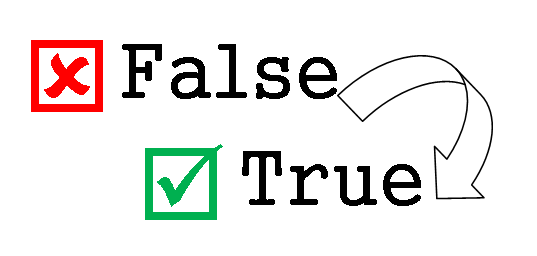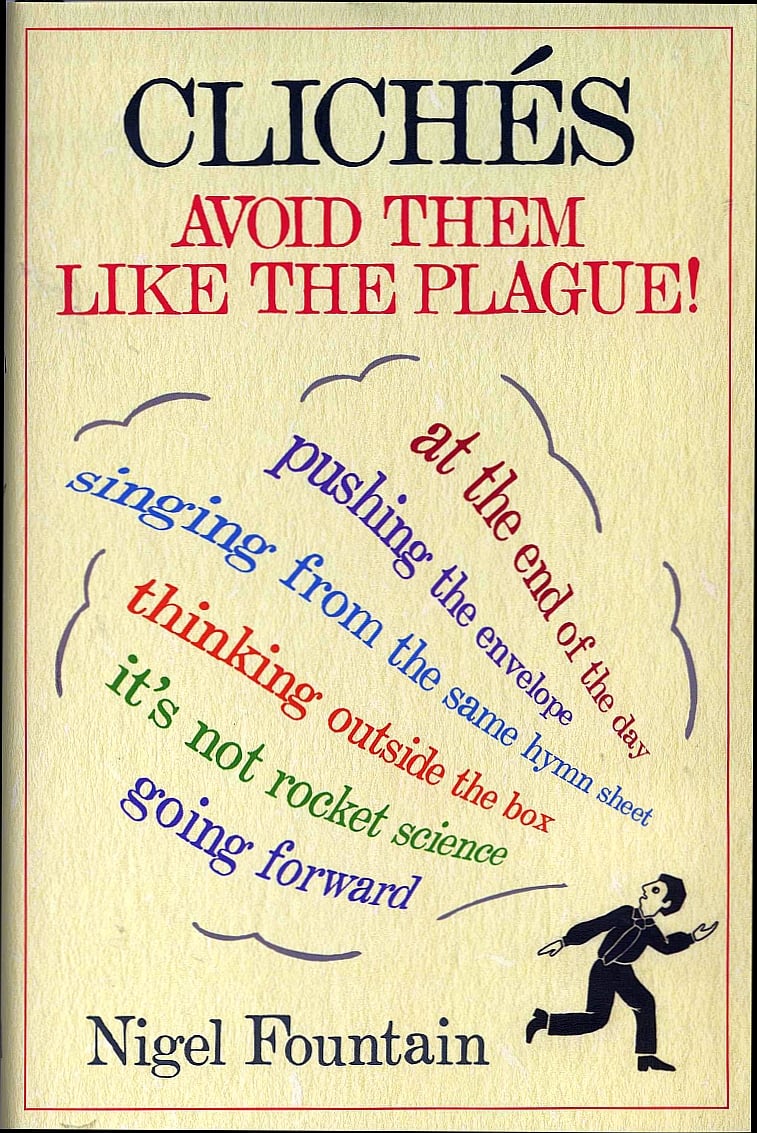The goal of this week's post is to help you become a better business writer. The better your writing, the greater your chances of success. It's just a fact of life. Sure, there are some exceptions to every rule. But why not better your chances by avoiding the following common confusions?
So; so that. So as a conjunction means "therefore";
so that means "in order that."
- The work is now finished, so you can all go home.
- Please finish what you are doing so that we can all go home.
Individual; party; person; people. Use
individual to refer to someone whom you wish to distinguish from a larger group of people.
- We wish to honor those individuals who had the courage to serve their country in its time of great need.
Use
party only to refer to someone involved in a legal proceeding.
- All the parties to the original agreement must sign the attached amendment.
Use
person to refer to a human being in all other contexts.
- Please tell me the name of the person in charge of your water ski tournament.
If reference is made to more than one person, the term
people usually sounds more natural than the plural form
persons. In any event, always use
people when referring to a large group.
- If you like, I can send you a list of all the people in our club who will be skiing in the tournament.
Doubt that; doubt whether. Use
doubt that in negative statements and in questions. Use
doubt whether in all other cases.
- We do not doubt that she is capable. (Negative statement.)
- Does anyone doubt that the check was mailed? (Question.)
- I doubt whether I can go.
Everyday; every day. As one word,
everyday is an adjective. Don't use it for
each day.
- You'll soon master the everyday (ordinary) routine of the job.
- He has skied every day (each day) this week.
Fiscal; financial. The adjective
fiscal (as in
fiscal year or
FY) can be used to refer to all types of financial matters--those of governments and private businesses. However, with the exception of
fiscal year, it is better to use
fiscal only in connection with government matters and to use
financial in all other situations.









